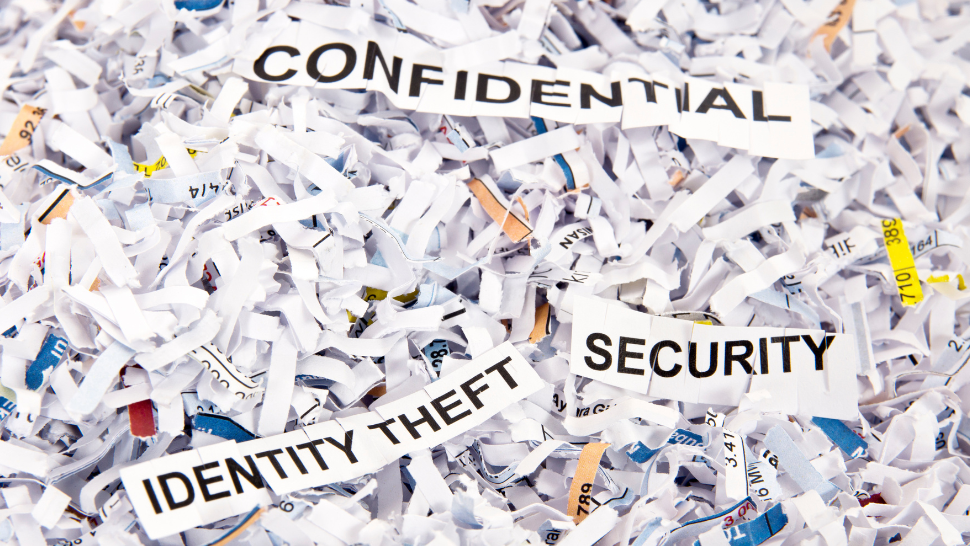800-622-3631
Routing #: 314978543
Search

Identity theft is a serious crime where someone unlawfully obtains and uses your personal information, such as your Social Security number, credit card details, or bank account information, to commit fraud or other crimes. This can lead to significant financial loss, damage to your credit score, and a lengthy process to restore your identity. We are committed to helping you understand the risks of identity theft and providing you with the tools and knowledge to protect yourself. In this section, you'll find essential tips and resources to safeguard your personal information and prevent identity theft.
There are many ways identity theft can occur – in our Security Page, we cover phishing, malware attacks and skimming. Here are some additional methods and ways to prevent it:
Scammers steal mail that may contain personal information, such as bank statements, credit card offers and tax documents.
Yes, it’s just as it sounds! Scammers search through trash for discarded documents containing personal information.
Posting personal details on social media can provide scammers with enough information to steal your identity
Identity theft can manifest in various ways. Here are some common signs that may indicate your identity has been compromised:
We take our responsibility to protect your confidential information seriously. We've set up physical, electronic and procedural safeguards that meet regulatory standards for keeping your information safe from unauthorized access or use. For example, our policies and procedures are designed to help ensure that our employees see your information only when they need it to do their work. And they must enter a password to use our computer systems. In addition, our employees must use a security card to get into our buildings, and we have security cameras installed in sensitive areas.
Federal Trade Commission - Identity Theft
United State Government - Scams and Fraud

